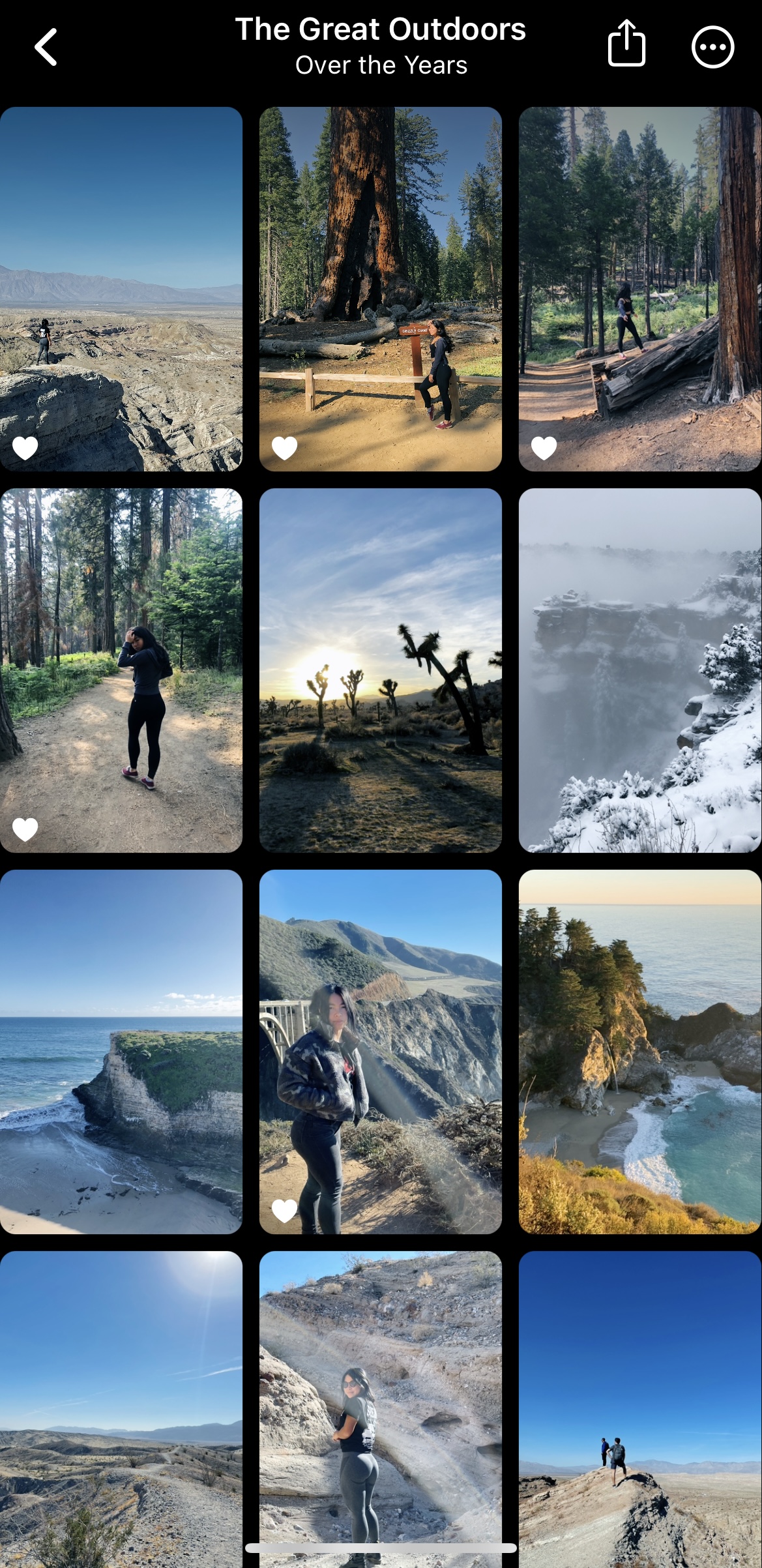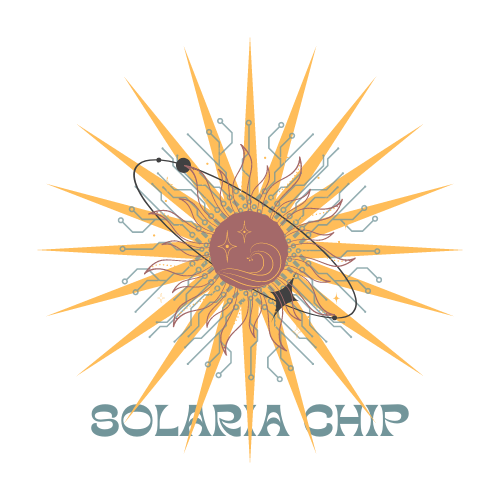Solastalgia
Happy Earth Day. Every person that has ever existed spends each day on this Earth, from the moment of birth until death when our remains return to the soil. Earth is home to all of us, yet we are heading into further environmental decline as a result of anthropogenic behavior. We are the only species in the known Universe that harms our home and does so consciously.
It was only about 50 years after the end of the Industrial Revolution in 1896 that scientist Svante Arrhenius identified that an escalation in fossil fuel combustion would generate excess atmospheric CO2 and thus lead to enhanced global warming. Nearly a century later, climate scientist and former NASA Goddard Director James Hansen testified to Congress on the direct relationship between greenhouse gases and global warming, challenging the political and social establishments of the time. This topic was addressed again, this time within the White House from former Vice President Al Gore in his cautionary documentary An Inconvenient Truth in 2006.
Arguably, it wasn’t even until the last decade or so that surmounting evidence has established global warming as a fact, not fiction, a myth, or a hoax. The fact is, the climate change crisis abets more than a hotter planet, rising sea levels, disruption of fawn and flora cycles, species extinction, and physiological health problems. Climate change on a global scale also impacts emotional health and the overall well-being of society.
When I was around 10, my parents had An Inconvenient Truth on DVD and remember feeling very saddened by Gore’s message. I watched it again in class at my high school the same time we studied Rachel Carson’s Silent Spring, and my contempt towards the spoils of humanity and grief for the environment grew. I wasn’t the only one feeling this way, despite the nature of Earth’s corrosion being entirely due to our collective negligence and misconduct.
A year after I felt the woe of An Inconvenient Truth, philosopher Glenn Albrecht sanctioned and clarified these feelings of distress in the word solastalgia. A portmanteau from the Latin word solacium, meaning comfort and solace, and the Greek word algos for pain: solastalgia is “the distress that is produced by environmental change impacting on people while they are directly connected to their home environment”. After studying areas stricken with drought and those with opencast mines, Albrecht encountered a concentration of individuals who felt destitution, depression, and despair. Victims from natural disasters and Indigineous peoples especially, are privy to this sentiment from the sudden or gradual loss of the place they called home. Eco-anxiety, solastalgia, and a host of other eco-emotions manifests when the landscapes that are tied to identity are compromised and dislocated.
The sonorous clarity offered by the neologism effectuates a relationship between understanding the link between the welfare of the ecosystem and our own welfare. In his book Earth Emotions: New Words for a New World, Albrecht writes,
“Only after we resurrect the terranascientemotions will we enter a new era that is compatable with human flourishing, and a whole Earth that is rich, bountiful, and beautiful.”
Gratitude for our Pale Blue Dot can be expressed with words, bearing knowledge of the truth, practicing prescience in support of the long-term ecological balance of our home, and loving your planet every day.
“The significance of our lives and our fragile planet is then determined only by our own wisdom and courage. We are the custodians of life’s meaning. We long for a Parent to care for us, to forgive us our errors, to save us from our childish mistakes. But knowledge is preferable to ignorance. Better by far to embrace the hard truth than a reassuring fable. - Carl Sagan, in the Pale Blue Dot”

sustainability science 